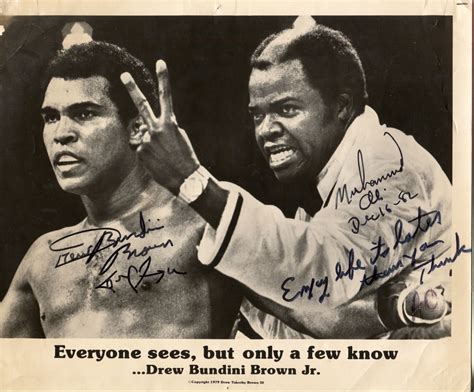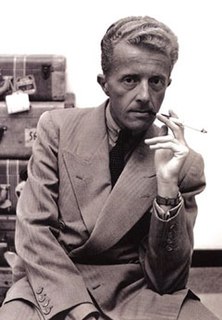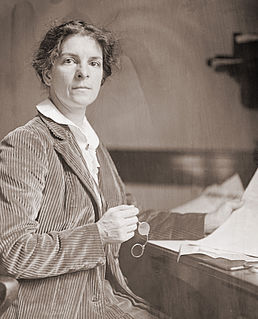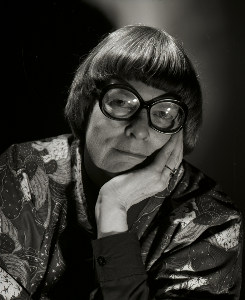A Quote by Paul Theroux
It is fatal to know too much at the outcome: boredom comes as quickly to the traveler who knows his route as to the novelist who is over certain of his plot.
Related Quotes
We define boredom as the pain a person feels when he's doing nothing or something irrelevant, instead of something he wants to do but won't, can't, or doesn't dare. Boredom is acute when he knows the other thing and inhibits his action, e.g., out of politeness, embarrassment, fear of punishment or shame. Boredom is chronic if he has repressed the thought of it and no longer is aware of it. A large part of stupidity is just the chronic boredom, for a person can't learn, or be intelligent about, what he's not interested in, when his repressed thoughts are elsewhere.
Not one of the orthodox ministers dare preach what he thinks if he knows a majority of his congregation think otherwise. He knows that every member of his church stands guard over his brain with a creed, like a club, in his hand. He knows that he is not expected to search after the truth, but that he is employed to defend the creed. Every pulpit is a pillory, in which stands a hired culprit, defending the justice of his own imprisonment.
It may be that one of our great faults in prayer is that we talk too much and listen too little. When prayer is at its highest we wait in silence for God's voice to us; we linger in His presence for His peace and His power to flow over us and around us; we lean back in His everlasting arms and feel the serenity of perfect security in Him.
I loved you!” he yelled. He jumped up out of his chair so quickly I never saw it coming. “I loved you, and you destroyed me. You took my heart and ripped it up. You might as well have staked me!” The change in his features also caught me by surprise. His voice filled the room. So much grief, so much anger. So unlike the usual Adrian. He strode toward me, hand clasped over his chest. “I. Loved. You. And you used me the whole time.






































